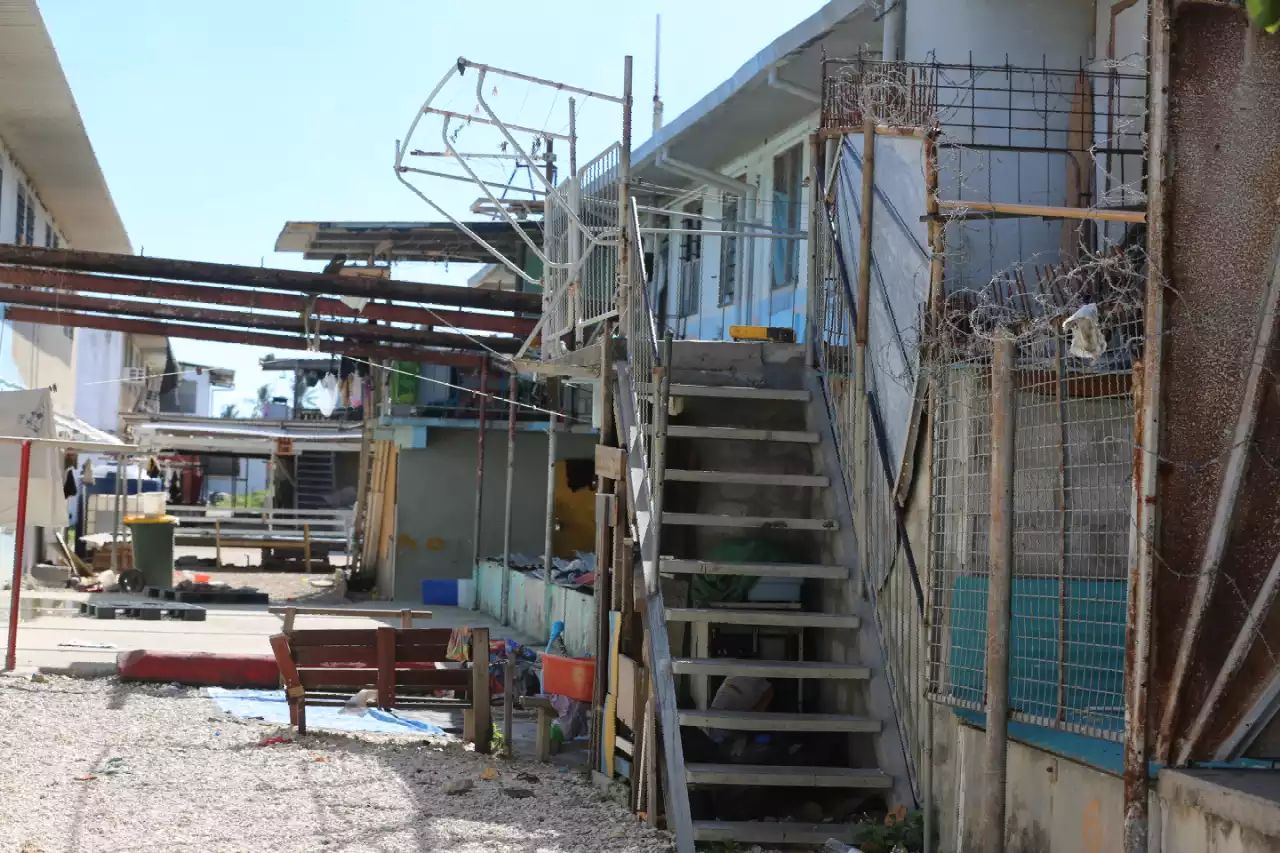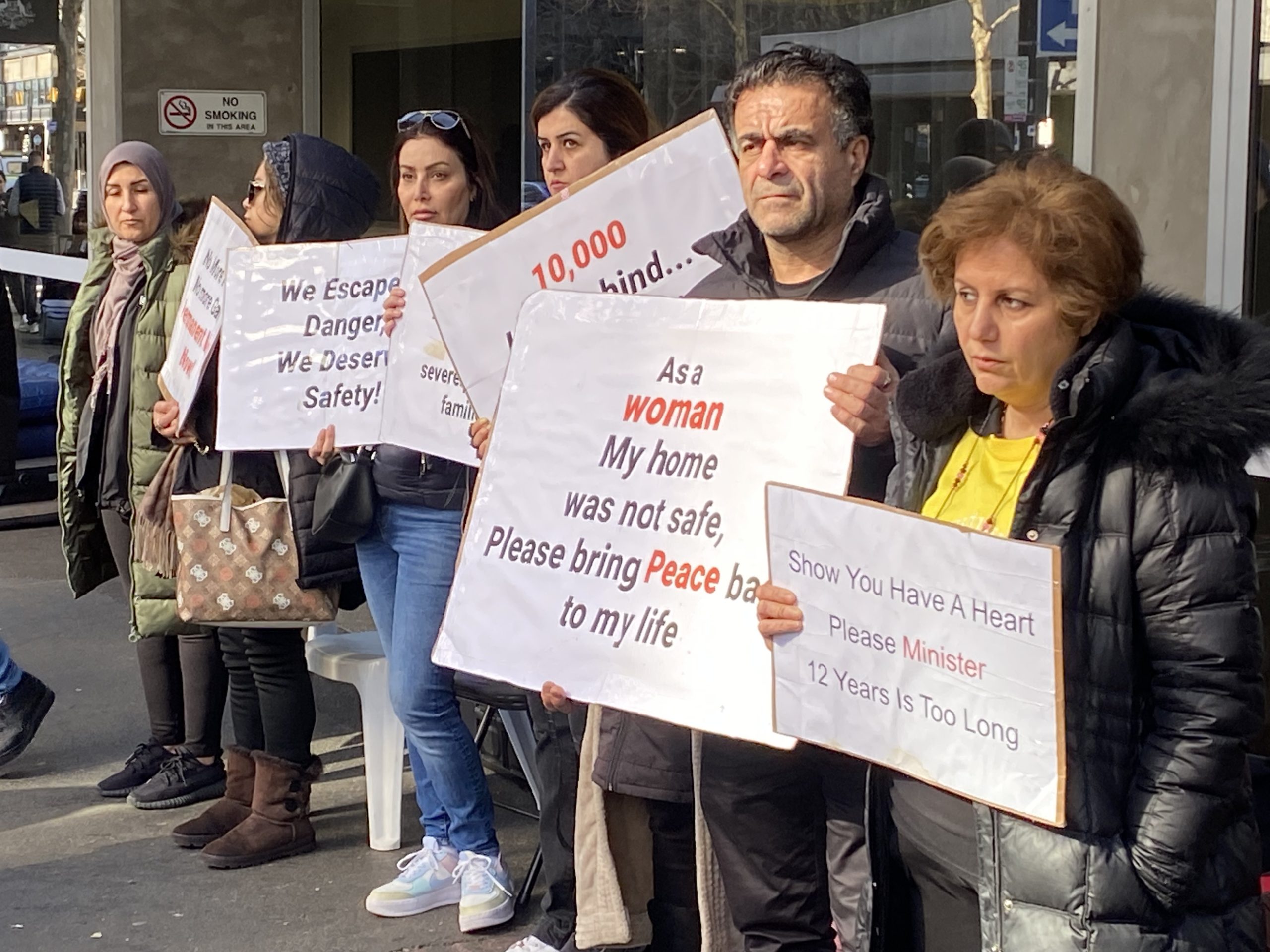14 November 2024
The Refugee Action Collective (Vic) condemns Labor’s harsh, new attempt to demonise asylum-seekers and make deportations easier.
We call on Labor to drop its proposed legislation, introduced in response to the High Court of Australia ruling on 6 November that forcing people released from immigration detention to wear ankle bracelets and live under curfews was unconstitutional.
The government is responding to – and deepening – a racist panic that asylum-seekers who have committed crimes, served their time in prison and have been released into the community are a special threat.
Citizens released from prison can return to their homes and families. Asylum-seekers should have that right, too.
But the proposed legislation goes much further than making it possible to force asylum-seekers to wear ankle bracelets and observe curfews.
It gives the government the power to pay poor, third countries like Nauru to take asylum-seekers, making deportation much easier and effectively expanding offshore detention.
People deported to third countries are not guaranteed permanent residency there. They could be detained or sent to their home country where they would face harm.
The Bill also allows the Minister overturn refugee determinations for virtually all refugees and asylum-seekers in Australia.
This is a threat to all refugees and asylum-seekers, including those who are victims of the flawed “fast track” process or those brought to Australia under the former Medevac legislation.
Labor is enabling a Trump-like response to refugees, whether by them or by a future Dutton government.
It is unnecessary, racist and cruel. This Bill must be withdrawn now. RAC Vic commits itself to campaigning against it.
We call on all refugee supporters to join the Human Rights Day rally on Tuesday 10 December (6pm at the State Library) where we will be demanding permanent visas for all.


